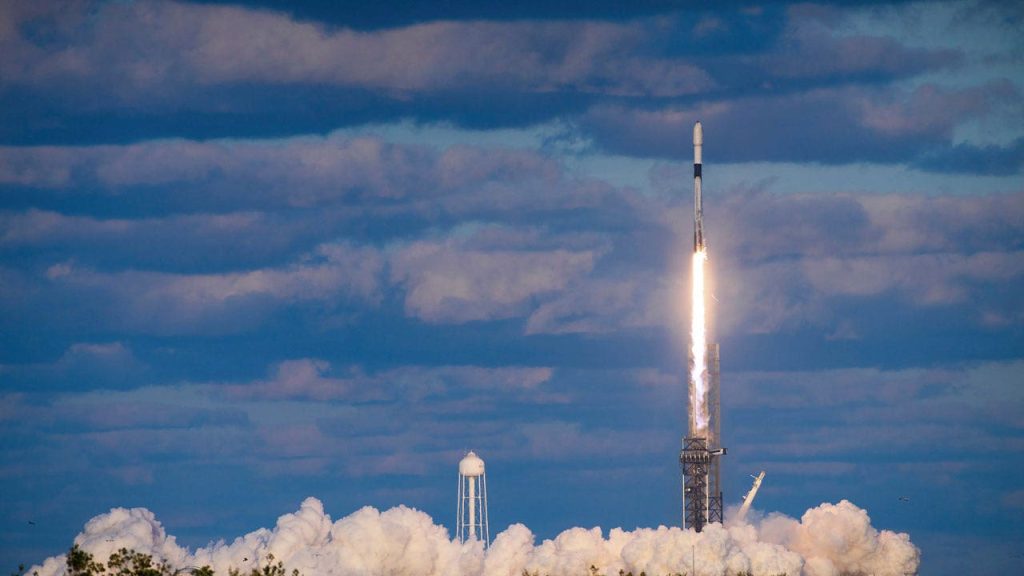South Korea has successfully launched its second military spy satellite into orbit, days after North Korea reaffirmed its plan to launch multiple reconnaissance satellites this year. Both Koreas launched their first spy satellites last year to monitor each other and enhance their missile attack capabilities. South Korea’s second spy satellite was launched from the Kennedy Space Center in Florida and confirmed to have entered orbit successfully. The Defense Ministry stated that this launch adds to the country’s surveillance abilities and bolsters its preemptive missile strike capability.
Under a contract with SpaceX, South Korea plans to launch five spy satellites by 2025. South Korea became the 10th nation to successfully launch a satellite with its own technology in 2022, but experts suggest that it’s more economical to use a SpaceX rocket for spy satellite launches. North Korea also aims to acquire its own space-based surveillance network to counter perceived military threats from the United States and South Korea. After two failed launches earlier in 2023, North Korea successfully placed its Malligyong-1 spy satellite into orbit, claiming it transmitted imagery of key sites in the U.S. and South Korea.
North Korea announced plans to launch several more reconnaissance satellites in 2023, with leader Kim Jong Un pledging to launch three additional military spy satellites in 2024. South Korean Defense Minister Shin Wonsik stated that North Korea may launch its second spy satellite soon to coincide with Kim Il Sung’s birthday on April 15. However, the U.N. prohibits North Korea from conducting satellite launches, considering them disguised tests of long-range missile technology. The November satellite launch by North Korea escalated tensions on the Korean Peninsula and strained the 2018 agreement to lower military tensions between the Koreas.
In recent years, North Korea has engaged in missile tests to modernize and expand its weapons arsenals, prompting increased military drills by the U.S. and South Korea. Experts believe North Korea aims to enhance its leverage in future diplomacy with the United States through a strong weapons arsenal. While North Korea claims to have transmitted imagery of key sites in the U.S. and South Korea, doubts persist over whether its satellite can provide militarily meaningful imagery. South Korea’s success in satellite launches contributes to its surveillance capabilities, but continued launches are needed to ensure rocket reliability and bolster its defense capabilities against potential threats from North Korea.


